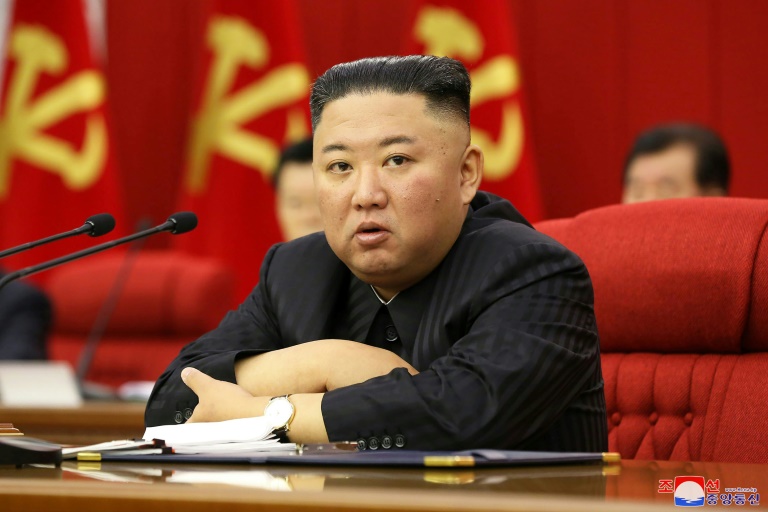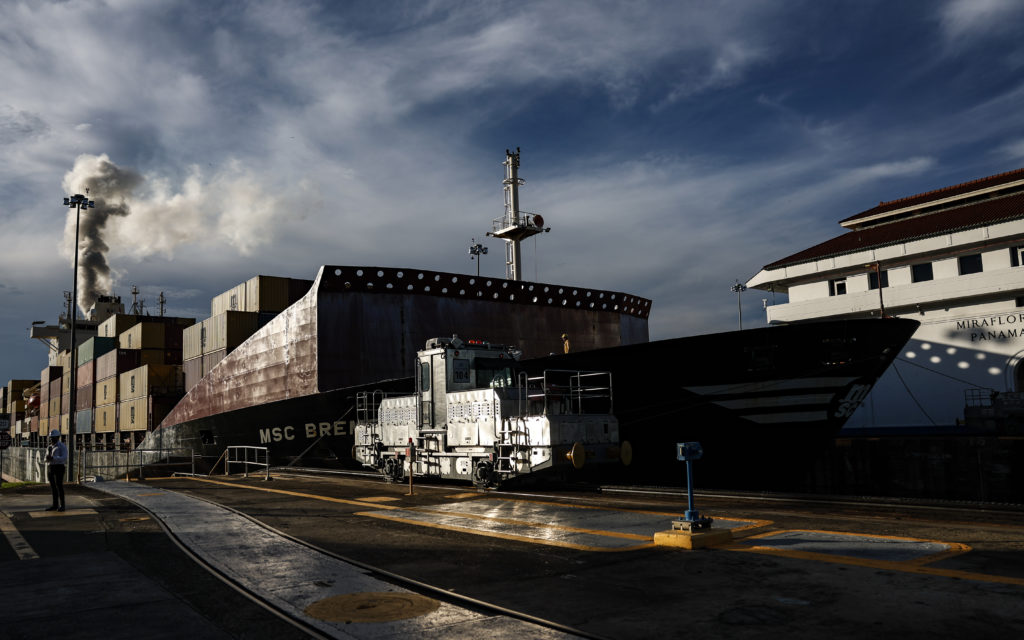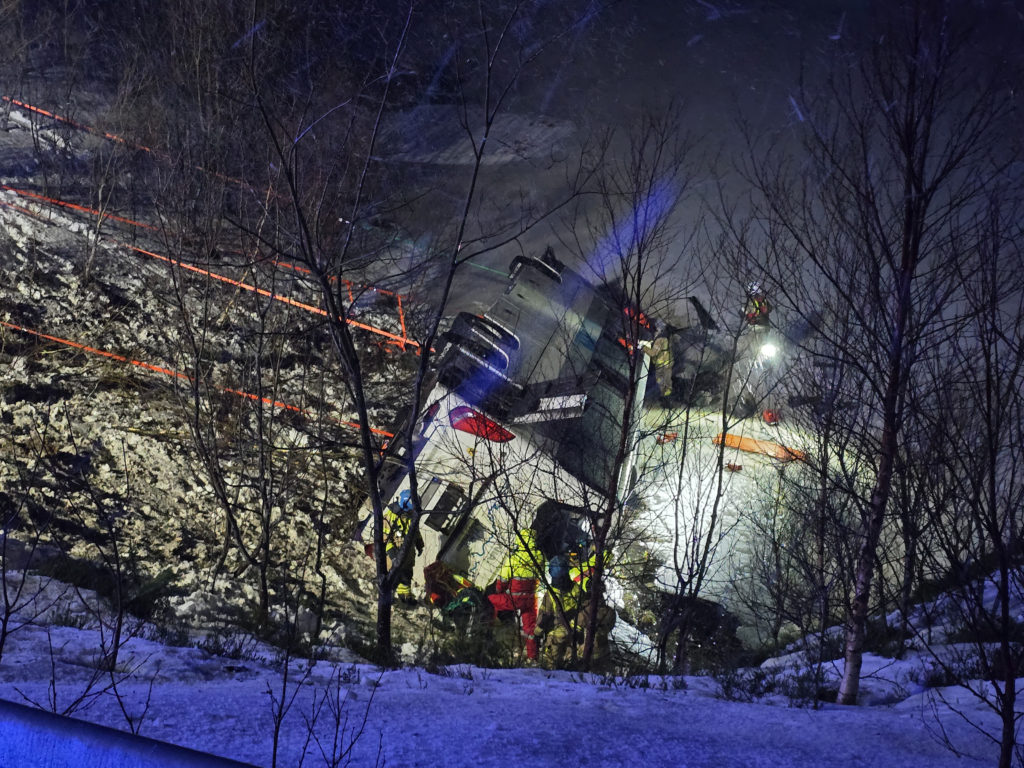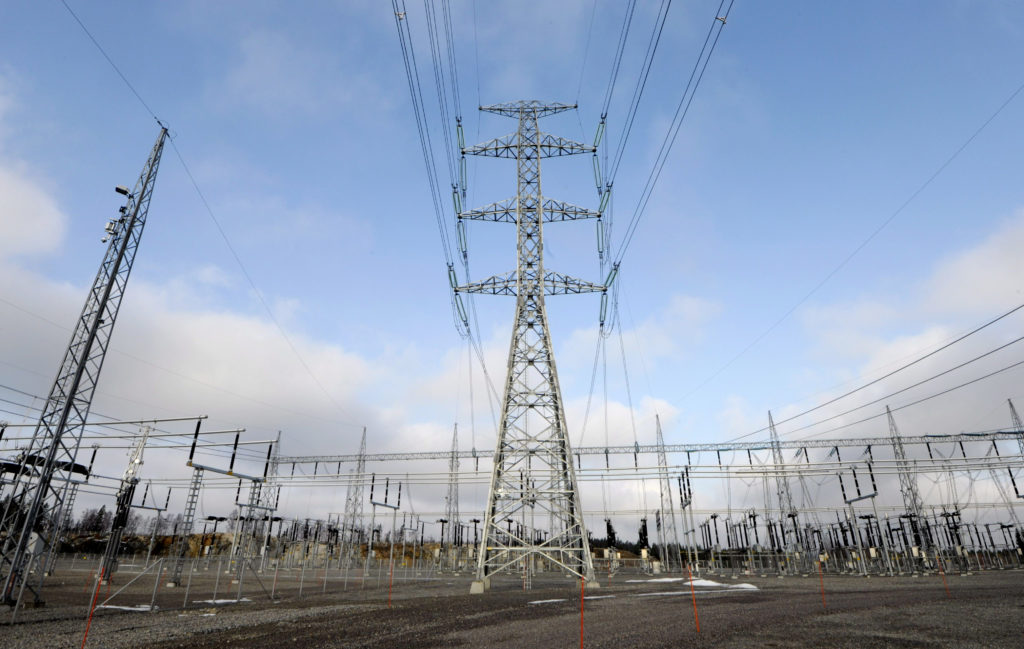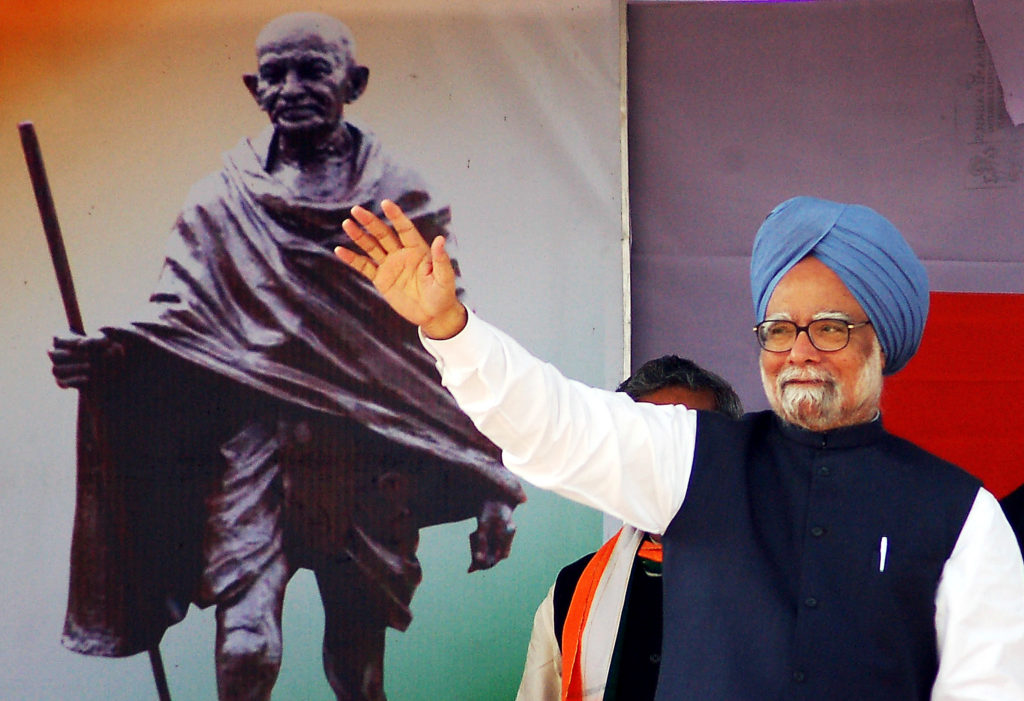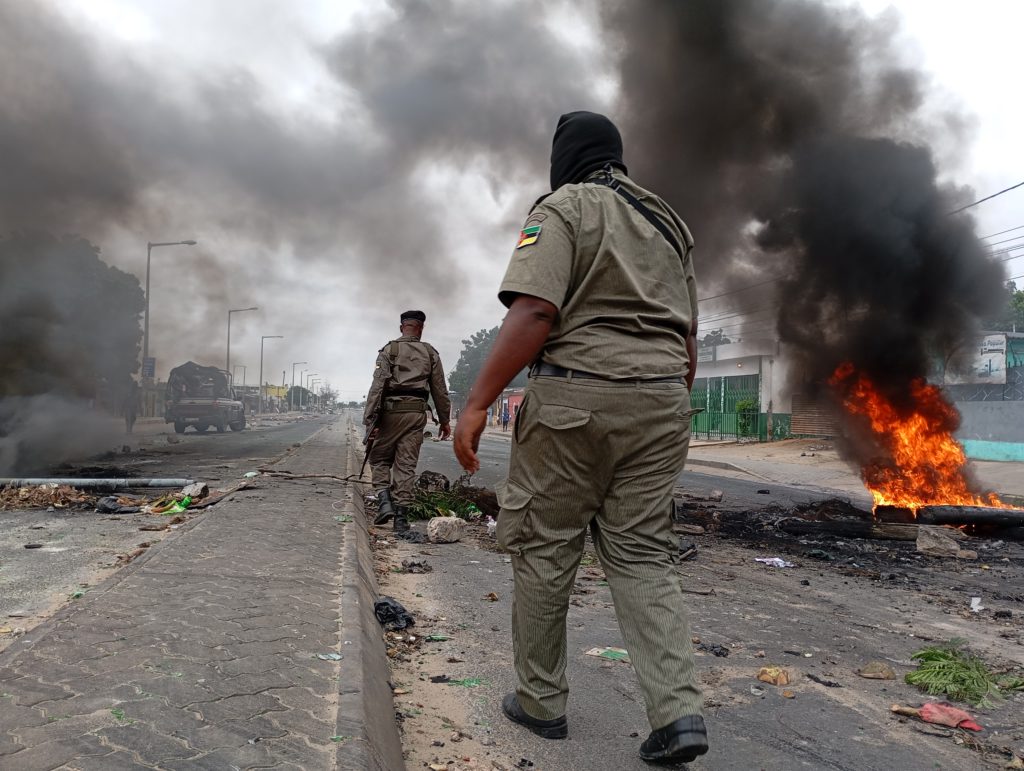North Korean leader Kim Jong Un replaced several senior officials after a “grave incident” in the country’s efforts to defend itself against the coronavirus pandemic, state media reported Wednesday.
Pyongyang closed its borders in January last year to defend itself against the pandemic that first emerged in neighbouring China and has gone on to sweep the world.
It has not publicly confirmed any cases of the disease at any point, neither in state media nor in the test statistics it has disclosed to the World Health Organization.
But officials had “caused a grave incident that poses a huge crisis to the safety of the nation and its people”, Kim told a politburo meeting, according to the Korean Central News Agency.
It did not specify any details of what had happened.
But Kim added that the “incompetence and irresponsibility of the senior officials are a major factor that hampers the implementation of important tasks”, adding that they were “captivated by selfishness and passivity”.
The impoverished, nuclear-armed country is under multiple sets of international sanctions over its nuclear weapons and ballistic missile programmes.
Its ramshackle health system and lack of medical supplies would leave it struggling to cope with a major coronavirus outbreak.
New members of the presidium of the politburo — the highest decision-making body of the ruling Workers’ Party — and the politburo were named at the meeting on Tuesday, KCNA reported, adding that “government officials were transferred and appointed”.
– High price –
Ever since the pandemic began, North Korean state media have highlighted anti-coronavirus efforts and officials have exhorted the people to remain vigilant.
Leader Kim himself tearfully thanked his people for not having had any cases at a military parade in October, although analysts doubt the assertion.
Nonetheless Pyongyang’s coronavirus defence has come at a high price.
Its self-imposed and strictly enforced blockade has left it more isolated than ever: trade with Beijing — its economic lifeline — slowed to a trickle while all international aid workers have left.
Several UN relief groups confirmed to AFP that the Needs and Priorities document — a key report that summarises the humanitarian situation in the country and forms the basis of UN appeals — will not be published this year.
And this month Pyongyang admitted it was tackling a food crisis, sounding the alarm in a nation with a moribund agricultural sector that has long struggled to feed itself.
Earlier Kim warned his people to prepare for the “worst-ever situation”.
Pyongyang has been looking to shore up loyalty to the authorities, with state television last week showing a resident of the capital expressing concern and saying everyone was “heartbroken” over the “emaciated” condition of Kim, who has lost significant weight in recent weeks.
Analysts say Pyongyang is using Kim’s appearance as a way to glorify him by portraying him as a “devoted, hardworking” leader as the country struggles to tackle its food crisis and other challenges.
In recent months Kim has issued a series of lengthy letters to regime organisations such as the Youth League and the trade union federation exhorting them to pursue “loyalty and patriotism”.
At the same time authorities have mounted a campaign against “criminal” youths tarnished by foreign influences that are “dangerous poisons” to state ideology, according to KCNA.

